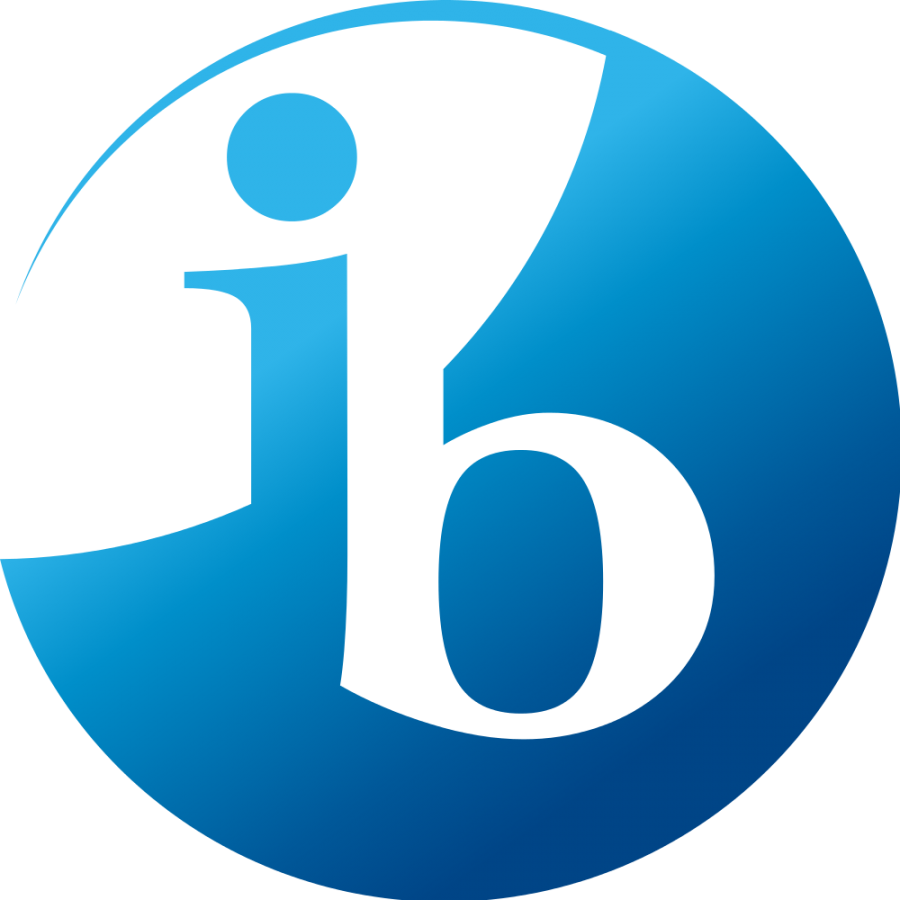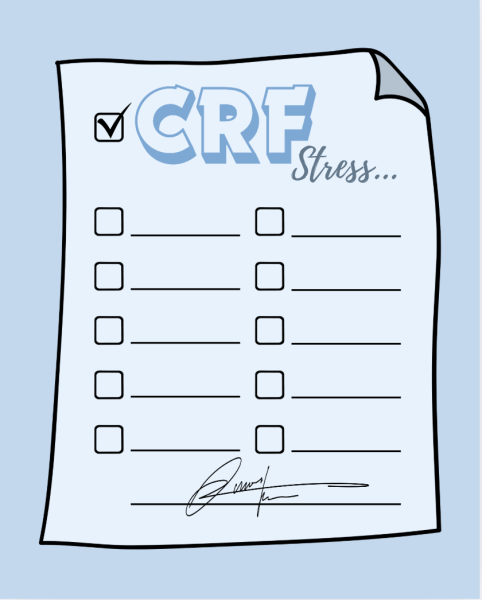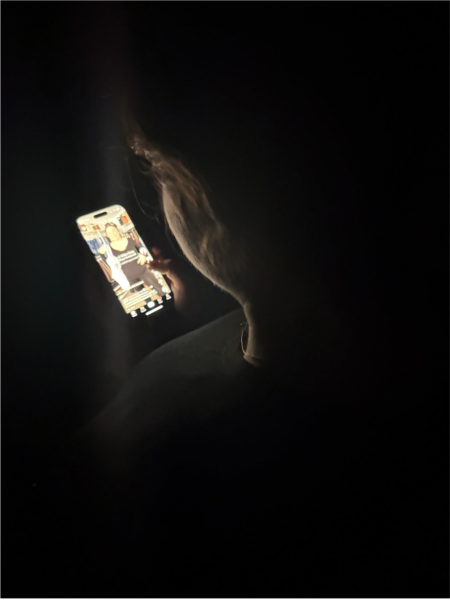Considering if IB right for you
As second quarter draws to close, it is once again that time of year during which sophomores have to make the decision on whether they will go into the International Baccalaureate (IB) program for their junior and senior years.
Students have the option of doing full or partial IB, which essentially determines whether or not they will get the official IB diploma or not. In order to get a diploma, students have to complete 150 hours of creativity activity service (CAS) hours and a special theory of knowledge class. In terms of credits, students have to take at least one IB class from each of the six groups of classes that the program contains: studies in language and literature, language acquisition, individuals and societies, sciences, mathematics and the arts. If students don’t take a class in the last group but take two classes in one of the other groups, they are still eligible for the diploma. “Students at Washington-Lee have a great opportunity with IB,” IB coordinator Ms. Julie Cantor said. “They can choose to be full IB diploma students or they might choose to take just a few classes. It is up to the student which is the best choice. IB has a place for everyone and all students will benefit from participating in the IB.”
Sophomores looking into the IB program for their final two years of high school know that this is a daunting challenge, but some are willing to put in the work. “I want to take IB classes to challenge myself, push my limits and see where I can go in the future,” sophomore Margaux Reppert said. “I’ve heard that the IB program is pretty intense, so I’m a little nervous but I think that I’m ready for the challenge.”
Many sophomores have heard from upperclassmen and their teachers that the program can be an especially enriching learning experience, especially for those who are keen to study particular subject areas. “I wanted to do IB because it is challenging and it is different than AP,” sophomore Athena Butler-Christodou said. “It goes more in depth and teaches you about lots of different topics. It is a way for you to have challenging coursework for each topic and become better student. Washington-Lee is the only Arlington Public Schools (APS) school that has IB, which I really wanted to be a part of.”
Some students had to undergo extra steps to ensure that they would be able to partake in the IB program. For those whose home school was Wakefield, Yorktown or or another APS high school, an application to transfer to W-L and do the IB program had to be submitted. “The transfer process was pretty easy,” Reppert said. “Each applicant wrote an essay, and we had to send in our grades so that they could make sure we were doing well in our classes. It was kind of inconvenient at the time, but I’m really happy with the decision that I made to transfer to W-L for the IB program here.”
Many teachers at the school encourage their students to at least take a couple of IB classes, even if they don’t want the full diploma. This is because the style of IB classes is different from both Advanced Placement (AP) and regular level classes in a way that some believe better prepares students for their future. “IB is a program that would allow me to challenge myself so that I’m prepared for the future,” sophomore Radina Dancheva said. “People who take the program are more ready for what is coming in college and in whatever career they go into.”
While the school weighs IB and AP the same in terms of their difficulty, teachers who have experience in both types of courses feel that there are important differences between the two styles. While they are both valuable, students should know what they are getting into when they choose an IB class over an AP class or vice versa. “There are many differences between IB and AP courses including the subjects offered, length of courses and manner of assessment,” Ms. Cantor said. “Courses in both programs provide students with a high level of academic rigor. One of the things I love about IB courses is the conscious push to make connections between what is being learned in the classroom and how that applies to the world outside the classroom.”
Upon looking back on their time in the program, students who are taking IB feel that with good time management, the IB workload is reasonable. To some, non-academic advice is more relevant to the incoming IB class. “Though I love the IB community, we get stuck in it all too often,” senior Lily Wieland said. “I’m always shocked to meet someone who isn’t full IB or doesn’t take any IB classes. We’re really isolated, so you have to make an effort to meet people outside of your classes.”
Ultimately though, whether an incoming sophomore chooses to take IB or not, upperclassmen suggest staying as stress-free as possible in the coming years. “Don’t get bogged down by the requirements of IB,” Wieland said. “Look at them as an opportunity to try new things! I took a yoga class and did personal training, things I would have never done if not for IB. Now I know how to exercise properly and calm myself down after a long day, which are skills I can use for the rest of my life.”












